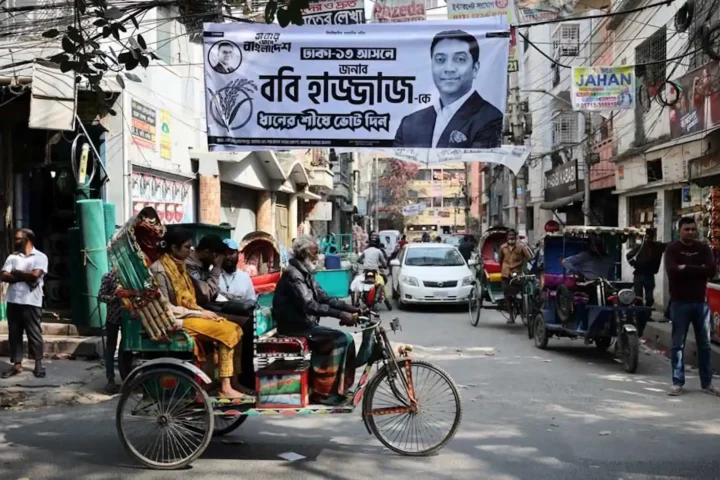Barcelona, once celebrated by Miguel de Cervantes as an “archive of courtesy, shelter of the foreigners,” has indeed changed dramatically in the four centuries since he penned those words. This transformation was starkly highlighted last weekend, not through the elegance of its architecture or the brilliance of its artists, but through a mass protest that took a concerning turn. Protestors, in a rally to address over-tourism, targeted unsuspecting diners at al fresco restaurants with squirt guns, chanting “tourists go home.”
While the method of protest was clearly misjudged, the deeper issue at play is worth examining. For years, residents of Barcelona have voiced their frustration over the city becoming increasingly unlivable. Overcrowding, skyrocketing rents, and the soaring cost of living are serious concerns that have plagued the local population well before the pandemic exacerbated these challenges. However, the question remains: Are tourists truly to blame for these problems?
Thousands of mass tourism protesters marched through Barcelona over the weekend, some shooting water guns at travelers who were dining in popular neighborhoods. The demonstrators are angered by mass tourism and its impacts on Spain's most visited city. https://t.co/NoTIYByuVa pic.twitter.com/3VNWyRjau5
— CBS News (@CBSNews) July 8, 2024
Tourism is undeniably a cornerstone of Barcelona’s economy, contributing up to 14 percent of the city’s GDP and supporting approximately 150,000 local jobs. In light of this, the protestors’ ire appears misdirected. Tourists, who pour billions into the local economy annually, are not the architects of the policies that have led to overcrowding and inflated living costs. These issues are the result of local authorities failing to regulate the influx of visitors effectively and enacting laws that prioritize tourist dollars over the welfare of residents.
Barcelona’s struggle with over-tourism demands thoughtful solutions, not misguided protests that tarnish the city’s reputation
Globally, other popular tourist destinations are finding ways to mitigate the negative impacts of tourism on local life. Venice and Athens have implemented measures such as raising tourist fees and capping daily visitor numbers. Kyoto and Bali are also exploring similar strategies to balance the benefits of tourism with the quality of life for locals. Barcelona’s authorities would do well to consider such measures rather than allowing a scenario where residents feel driven to extreme and counterproductive forms of protest.
If the goal of last weekend’s protest was to drive tourists away, it may indeed succeed — but at a high cost. The image of tourists being squirted with water while enjoying a drink or a churro will not soon be forgotten, and it could deter future visitors. This outcome might satisfy some protestors, but it would ultimately tarnish Barcelona’s reputation and hobble its economy.
Barcelona’s struggle with over-tourism is a complex issue that requires thoughtful solutions. Misguided protests targeting tourists are not the answer. Instead, the focus should be on implementing smart regulations that protect both the city’s economic interests and the quality of life for its residents. Only through such balanced measures can Barcelona hope to remain a city of courtesy and a welcoming shelter for all.











